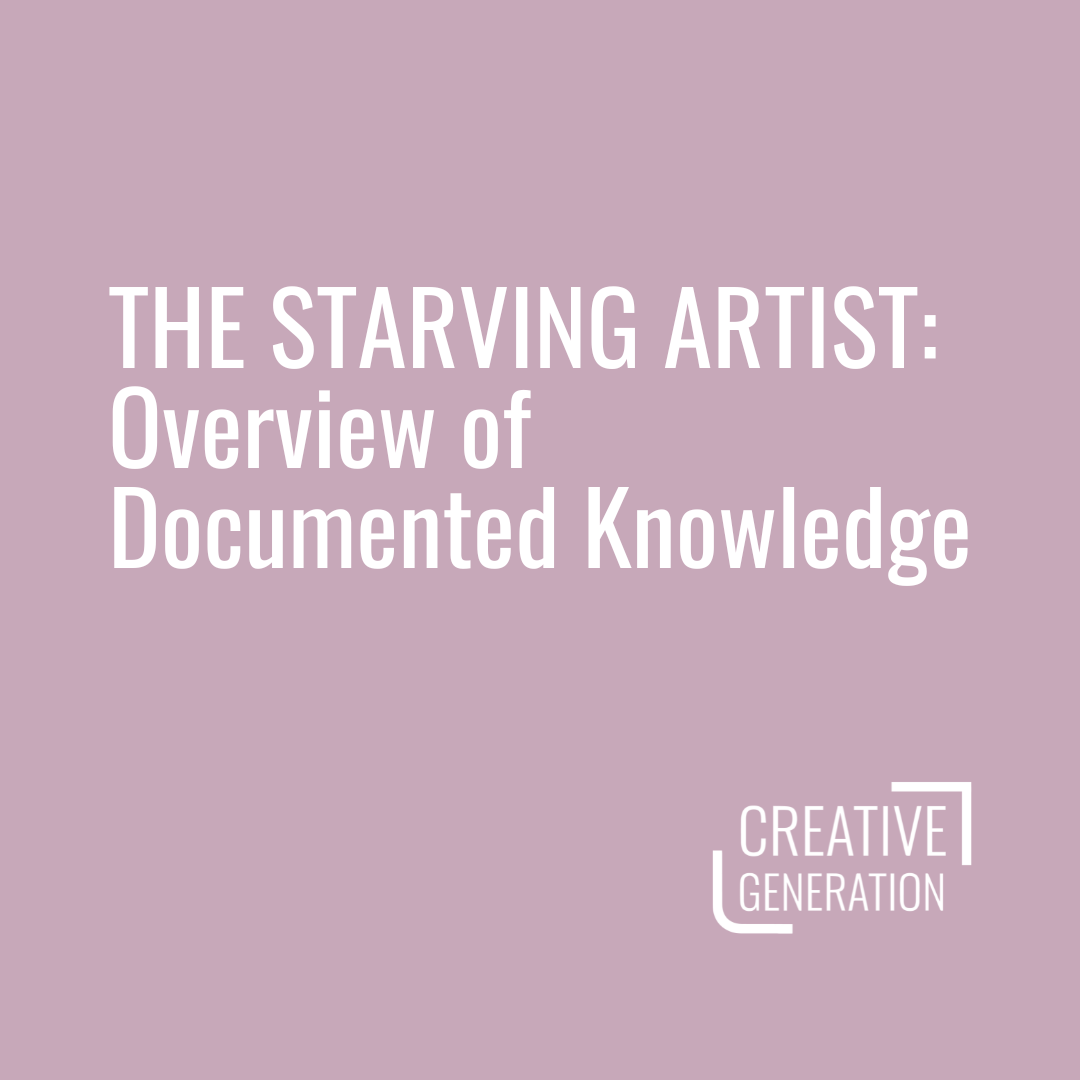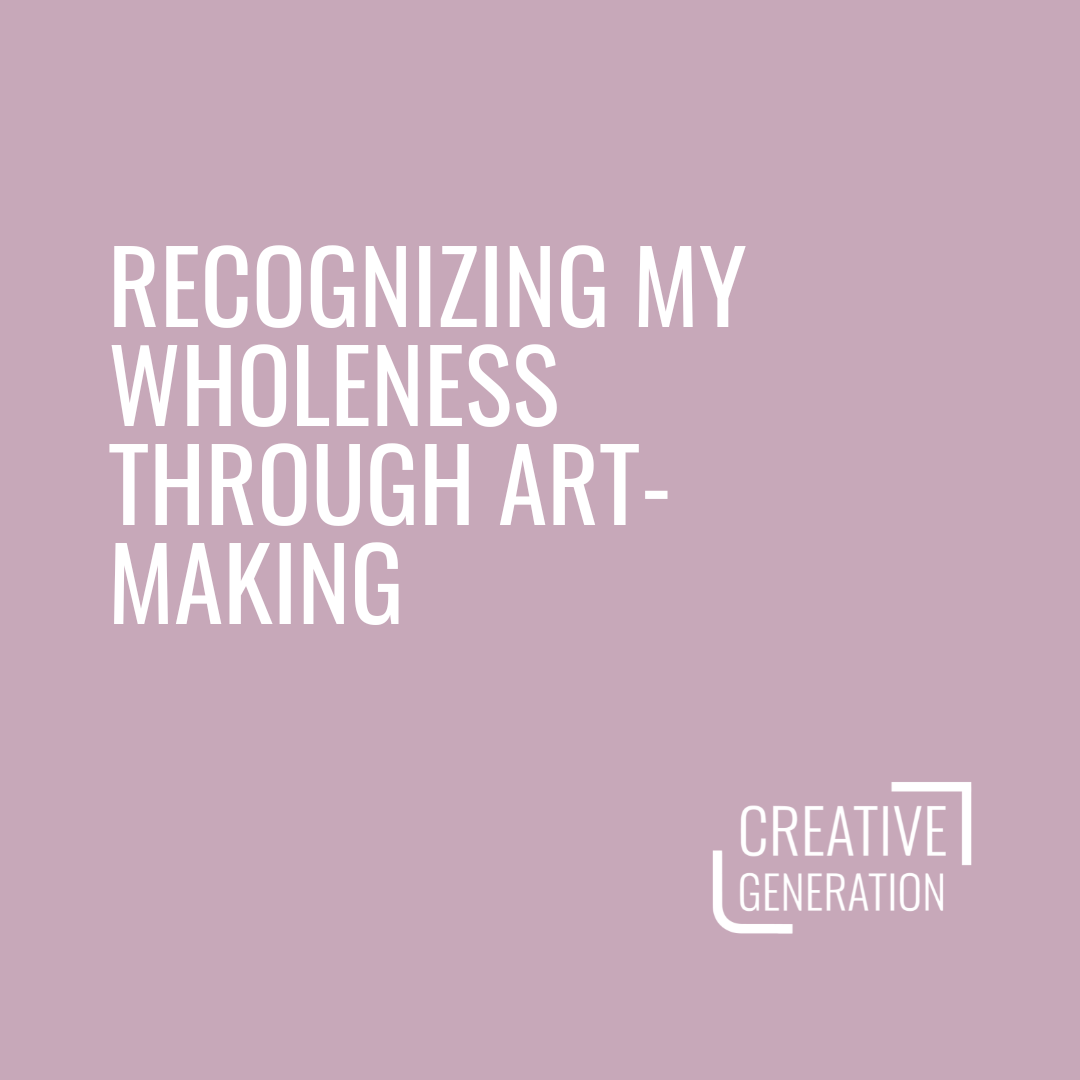PUBLICATIONS
As part of the Institute for Creative Social Transformation, the below publications catalogue is hub for publications and resources produced utilizing new and honoring existing forms of knowledge and ways of knowing, seeking to dismantle systemic barriers to sharing and learning by providing everything free and open-source.
We publish numerous types of publications, to honor diverse learning styles and amplify the work of practitioners in a variety of formats including:
Strong Practices
Final Report
Reflection
Short Take
Overview of Documented Knowledge
Annotated Bibliography
Landscape Analysis
Case Stories
Below, please find our most recent publications and publications organized by type - view the full catalogues of publications here.
Search for a specific publication, topic, or author below.
Recent Publications
The capstone project, "Amplifying the Voices of Black Pedagogy," delves passionately into the experiences of Black, licensed music educators in North and South Carolina's public school systems, driven by the researcher's own journey as a Black, Queer woman in the music industry. Its aim is to give voice to Black music educators, understanding the challenges they face, their strategies for overcoming them, and the guiding principles of their pedagogy.
This Overview of Documented Knowledge aims to provide an understanding of transparency, its various dimensions, implications, and potential benefits, by outline trends, examples of strategies, methods, accountability considerations, effects, and costs associated with transparency.
This Overview of Documented Knowledge explores the history of the notion of “starving artist” as well as issues of elitism and perceptions of serious artistry which intersect with each other. Through a review and analysis of existing knowledge from the cultural sector, the author argues that financial and educational barriers keeping many out of artistic practice contributes to an industry atmosphere that encourages multihyphenate work in order to stay afloat.
As education and cultural systems continue to grapple with the impacts of the COVID-19 pandemic, those involved in the systems—primarily the decision-makers, policy implementers, educators, and their collaborators—face unprecedented changes, especially in relation to the integration of virtual learning, digital literacy, and technology in arts learning. This reflection articulates the learning gained through the State Education Agency Directors of Arts Education’s “Leading and Learning in Virtual Arts Education” project; researchers and documentarians sought to understand how virtual learning and other technology and digital resources have integrated into arts education; how technology and virtual learning in the arts existed prior to the COVID-19 pandemic, changed as a matter of necessity through the pandemic, and what stayed in place; and which practices might or should continue to develop and be implemented beyond the pandemic. The publication concludes with a number of recommended actions for those leading organizations and systems in the arts education field to most effectively support arts educators and leaders in navigating the digital landscape and ensuring a more inclusive and technologically enriched arts education environment for students.
Work in the arts and disability require new models for inquiry. This report by Former Resident of Research Analysis & Documentation Audrey Maxner offers both personal critical reflection and an overview of an inquiry process, heuristic and ethnographic project, and learnings for the field. To start, the report provides a brief summary of the discourse on arts-based heuristic and ethnographic methods. The author then shares the process, followed by the project itself and the creative work produced as a result. To conclude, the paper summarizes critical insights gained through the process and work and offers a reframing of approaches of wellness in the intersectional fields of arts, education, and disability studies.
The Innovation Collaborative is a national transdisciplinary forum to foster creativity, innovation, and equity in teaching and learning. Throughout 2022, Creative Generation has worked in collaboration with the Collaborative to create, manage, and grow the Collaborative’s social media presence and to determine what content would best serve a community of practitioners seeking to foster creativity, innovation, and equity in teaching and learning through STEAM. On October 12, 2022, Creative Generation conducted a focus group to determine what content would best serve the field. In this report, you will find an overview of the themes that emerged from this conversation.
A significant aspect of supporting young creatives to achieve their goals and visions is understanding the role other actors (e.g. organizations, educators, caregivers, and systems) play in this mission as well. This report explores the relationships between three main groups of actors that come together to create a place, or “Community Hub” where this type of work happens, and addresses the question What are the attributes of a Community Hub for artistic, cultural, and creative learning? Through a combination of Creative Generation’s foundational research, which explored the conditions that most effectively cultivate creativity in youth, and our engagement with a number of organizations between 2022-2023 to better understand the role organizations play as catalysts to achieve the same mission, we uncovered numerous trends that led to the design of a relationship-oriented process that enables an organization to take on the role of “Community Hub,” known now as the “Community Hub Framework.” This framework outlines the interplay between three key groups: Individual, Organizational, and External actors, and not only outlines the outcomes when all three of these processes are in alignment, but the intersectional outcomes that arise between pairs as well.
In the summer of 2022, the Appell Center for the Performing Arts (ACPA) worked with Creative Generation to to convene residents throughout York County, Pennsylvania — virtually and in-person — to learn about the ways they engage civically, creatively, and interpersonally with the arts, arts education, and the Appell Center and its theatres. This publication is a final report that combines the findings of each study conducted to support these efforts — one-on-one empathy interviews, group discovery sessions, and an online survey tool — as well as an executive summary.
This publication is the Adaptive Impact Plan and Community Understanding that the Appell Center published after the summer of 2022. During this time, ACPA worked with Creative Generation to to convene residents throughout York County, Pennsylvania to learn about the ways they engage civically, creatively, and interpersonally with the arts, arts education, and the Appell Center and its theatres. Using the resulting research and ACPA’s foundational documents, staff + community members worked with Creative Generation to build an Adaptive Impact Plan to aid the organization in fulfilling its aims.
Publications by Type
The capstone project, "Amplifying the Voices of Black Pedagogy," delves passionately into the experiences of Black, licensed music educators in North and South Carolina's public school systems, driven by the researcher's own journey as a Black, Queer woman in the music industry. Its aim is to give voice to Black music educators, understanding the challenges they face, their strategies for overcoming them, and the guiding principles of their pedagogy.
This Overview of Documented Knowledge aims to provide an understanding of transparency, its various dimensions, implications, and potential benefits, by outline trends, examples of strategies, methods, accountability considerations, effects, and costs associated with transparency.
This Overview of Documented Knowledge explores the history of the notion of “starving artist” as well as issues of elitism and perceptions of serious artistry which intersect with each other. Through a review and analysis of existing knowledge from the cultural sector, the author argues that financial and educational barriers keeping many out of artistic practice contributes to an industry atmosphere that encourages multihyphenate work in order to stay afloat.
Do you want your work documented? Get in touch with us now!









